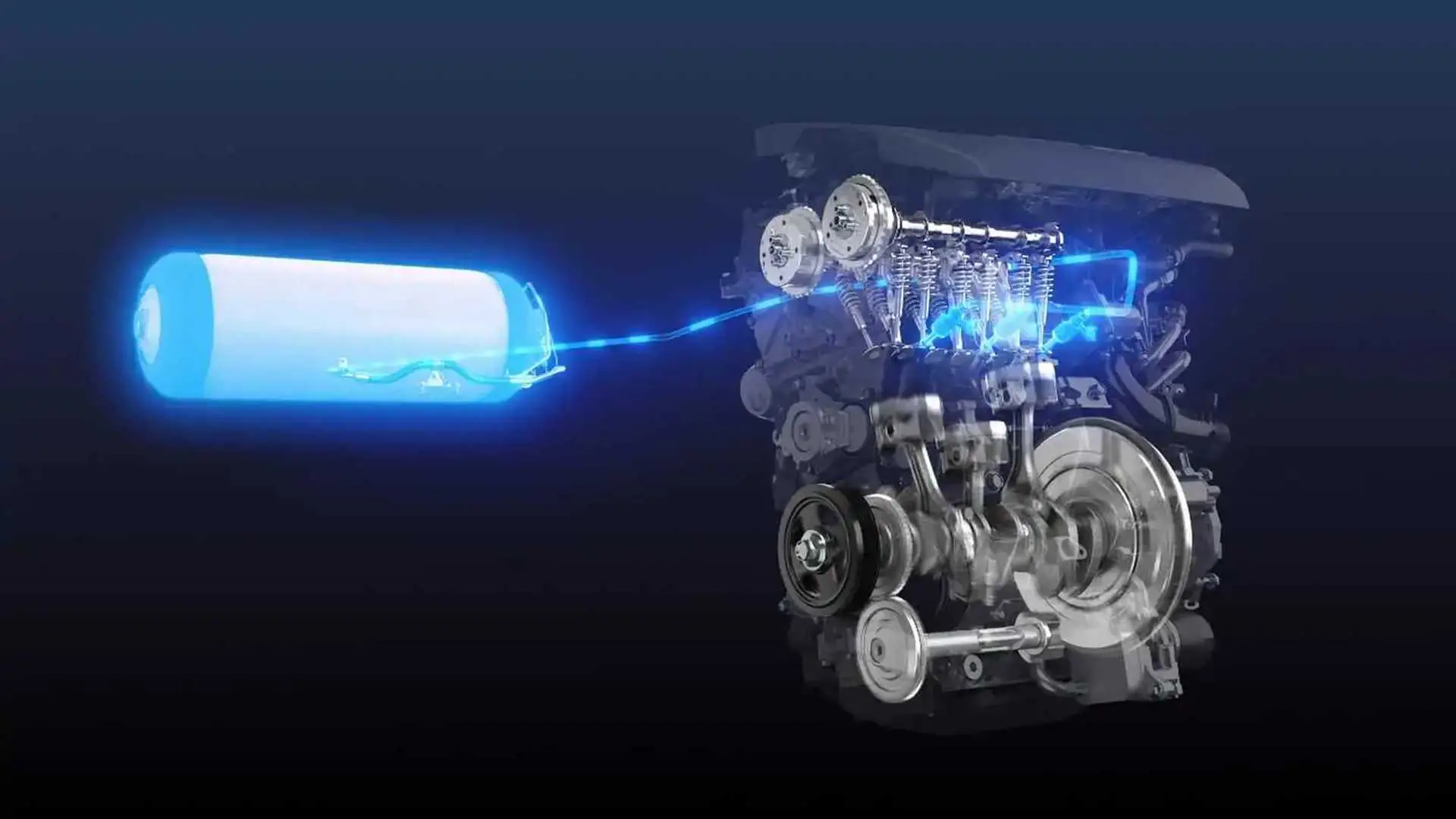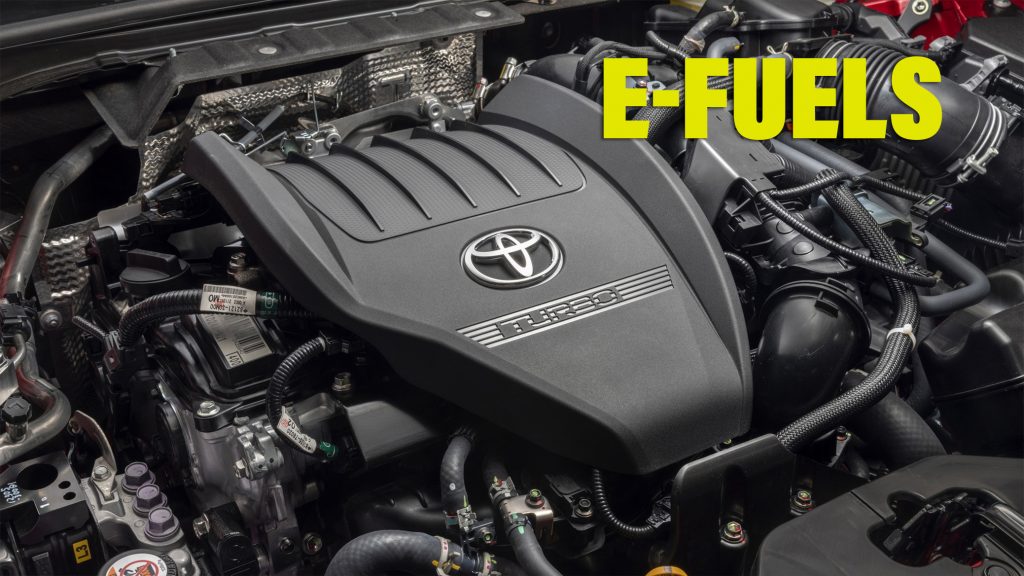With Exxon, Toyota is now pursuing "clean" fuels, and it claims that its efforts might eventually reduce the greenhouse gas emissions produced by internal combustion engines by up to 75%.


Toyota and ExxonMobil are cooperating on a novel fuel mix that has the potential to lower lifetime emissions from combustion engines by up to 75% as the US government tightens its pollution restrictions.
Toyota, which has previously expressed reservations about going all-electric, is now evaluating Exxon’s synthetic fuel mixes, which employ current feedstock and ethanol. Even though the fuel is still in the testing stage, ExxonMobil is making progress, according to Andrew Madden, vice president of strategy and planning at the corporation. However, the deployment of this fuel blend will need government policy assistance.
The cheapest approach to decarbonizing transportation, according to Madden, is to have a solution for liquid fuels that can utilize in the current fleet and include in a type of policy architecture that fosters innovation.
Toyota claims that the investigation shows that gasoline can be utilized in both newer and older internal combustion engine automobiles. Additionally, it makes the point that EVs are not completely zero-emission cars due to the high carbon costs of manufacturing them and the lack of confidence around the source of the energy that powers them. It contends that in order to effectively cut carbon emissions, synthetic fuels need also be taken into account.

The proponents of e-fuel just prevailed in that struggle in Europe. The European Union altered the text of its policy prohibiting the sale of internal combustion cars after 2035 to specifically safeguard e-fuels in response to criticism from some sectors of the German auto industry.
The timing of this statement is significant in light of the US Environmental Protection Agency’s proposal for emissions reductions, which it expects would result in two-thirds of new car sales being electric by 2032. It would be fascinating to see if Toyota and Exxon demand clear guarantees for the future of the synthetic fuel sector, such as those given in Europe because the EPA has not required EV sales and is only increasing pollution rules.